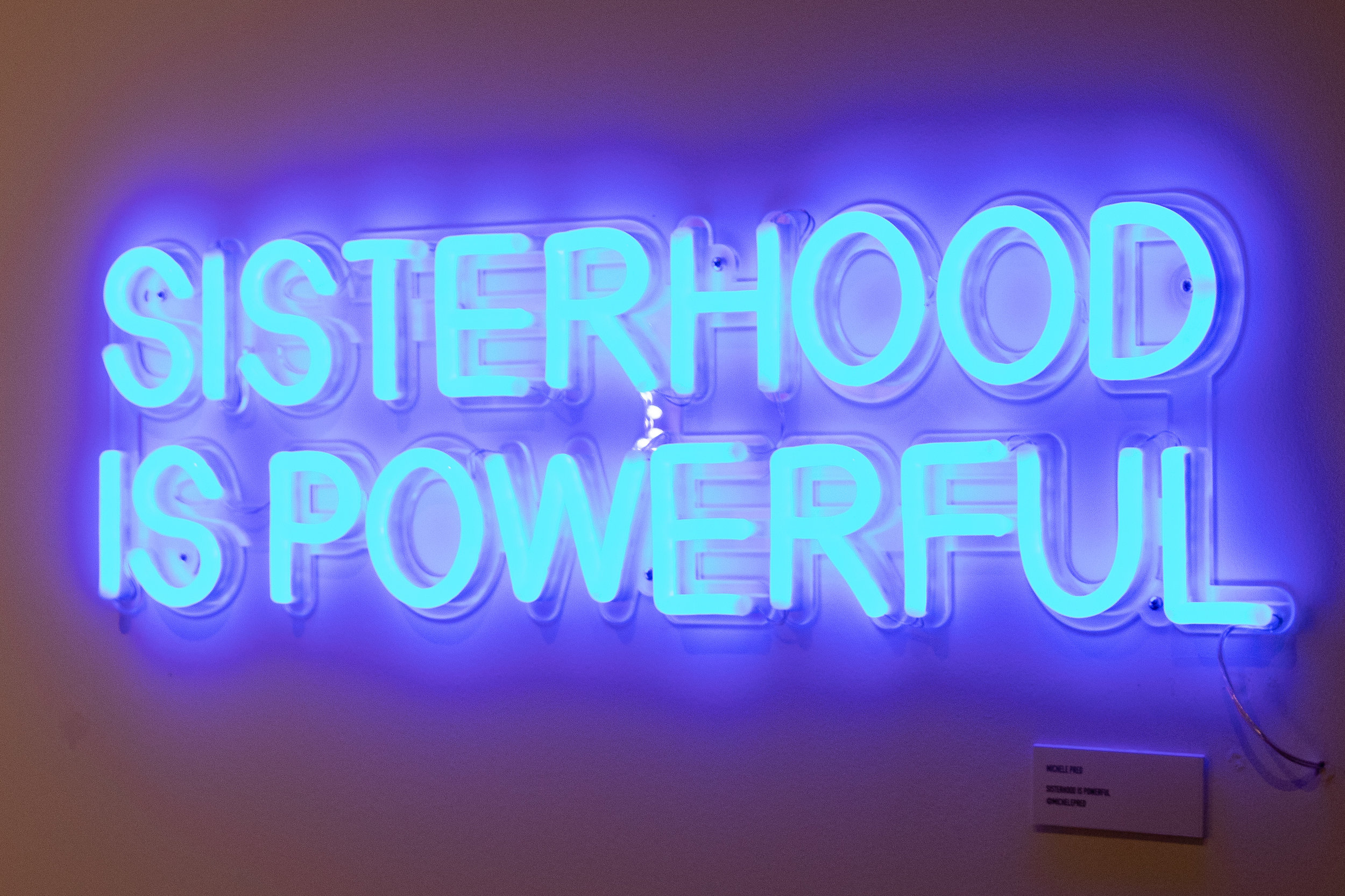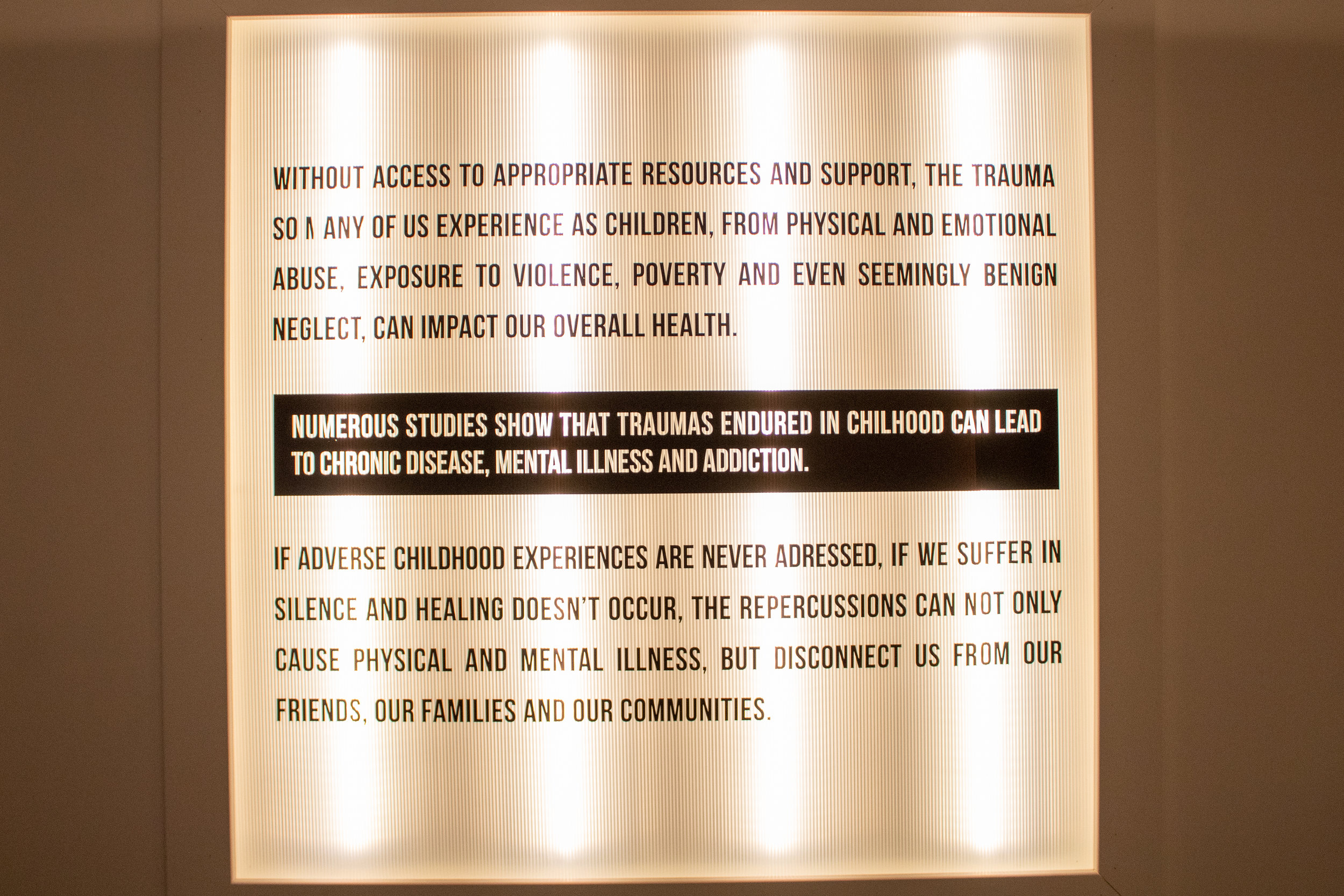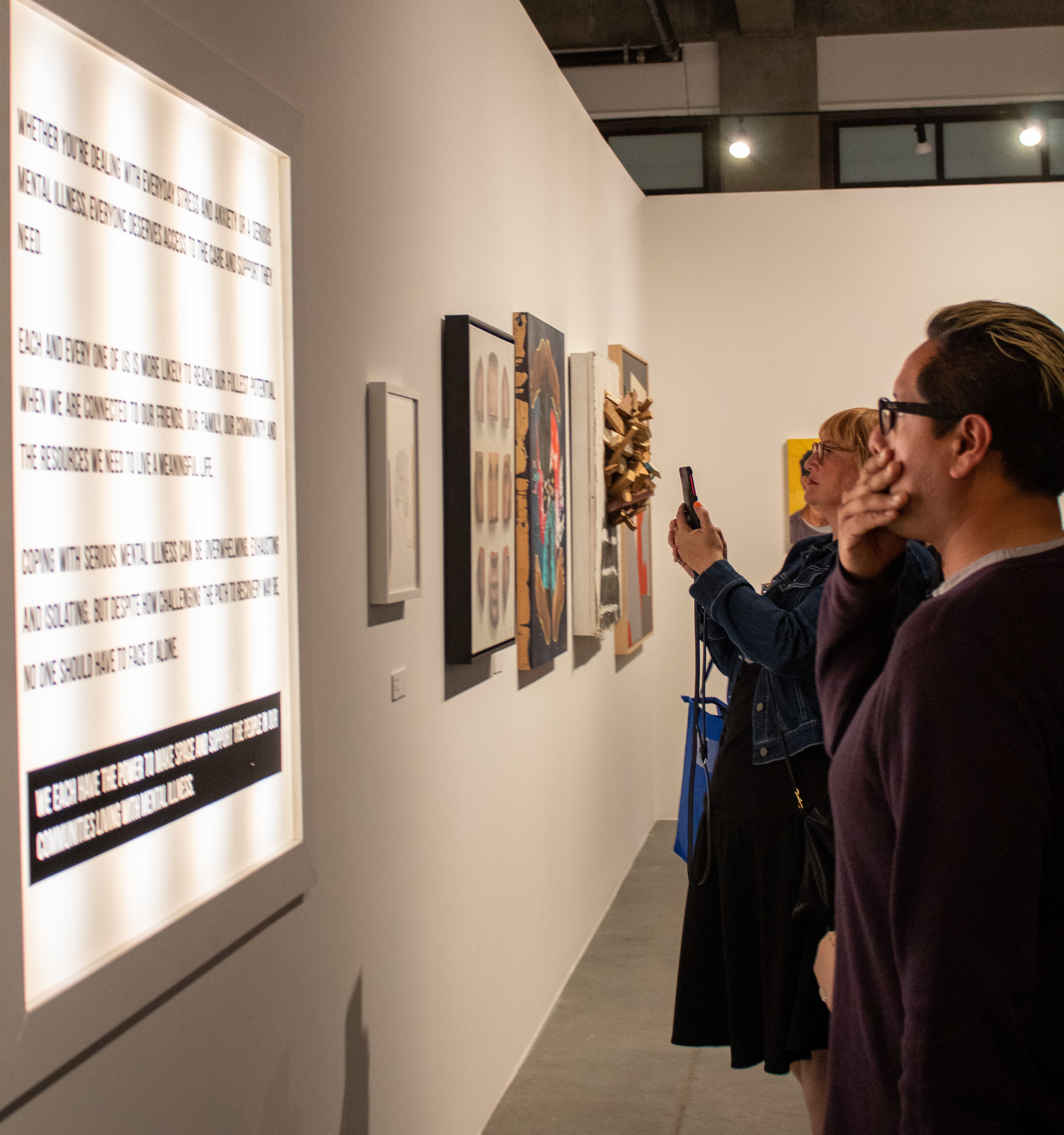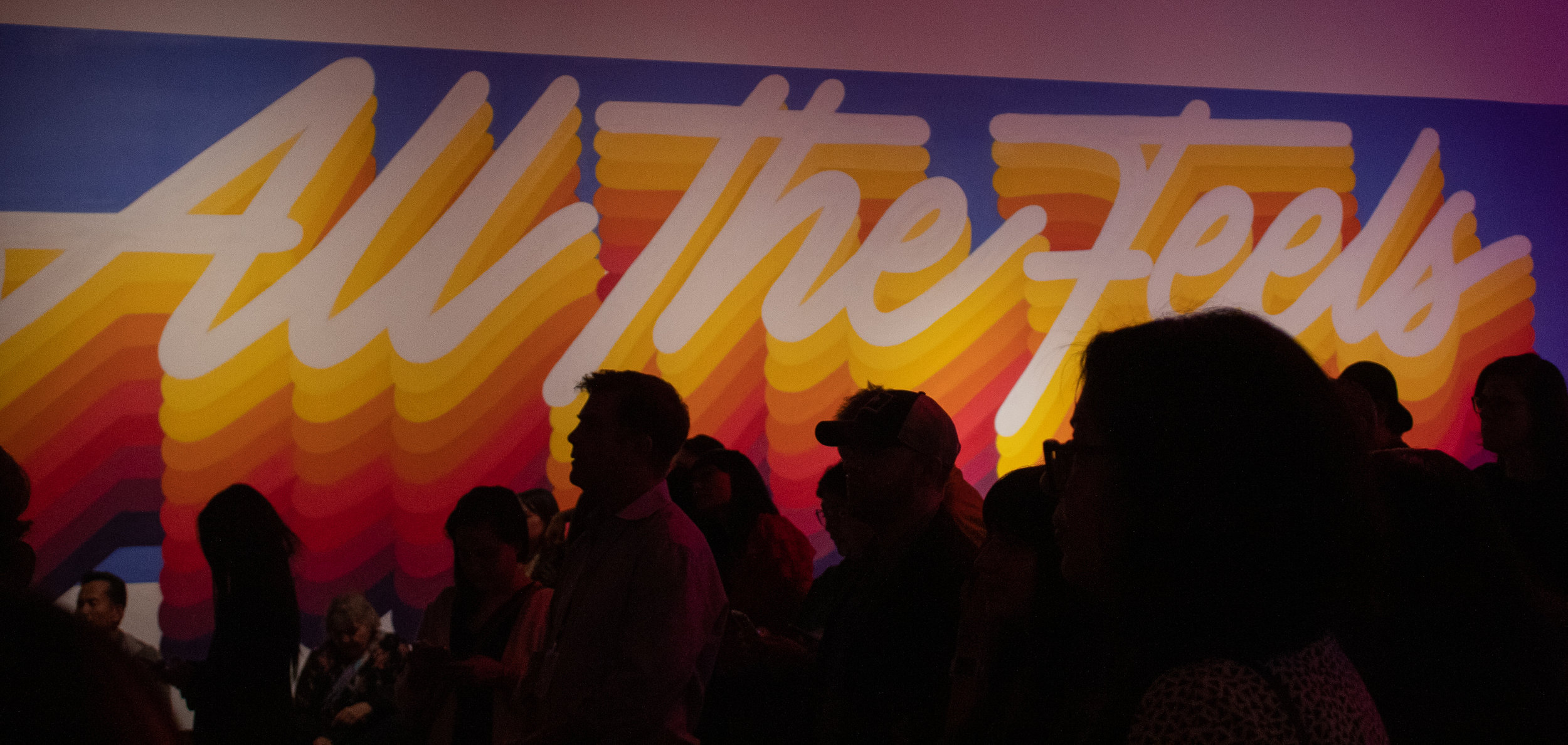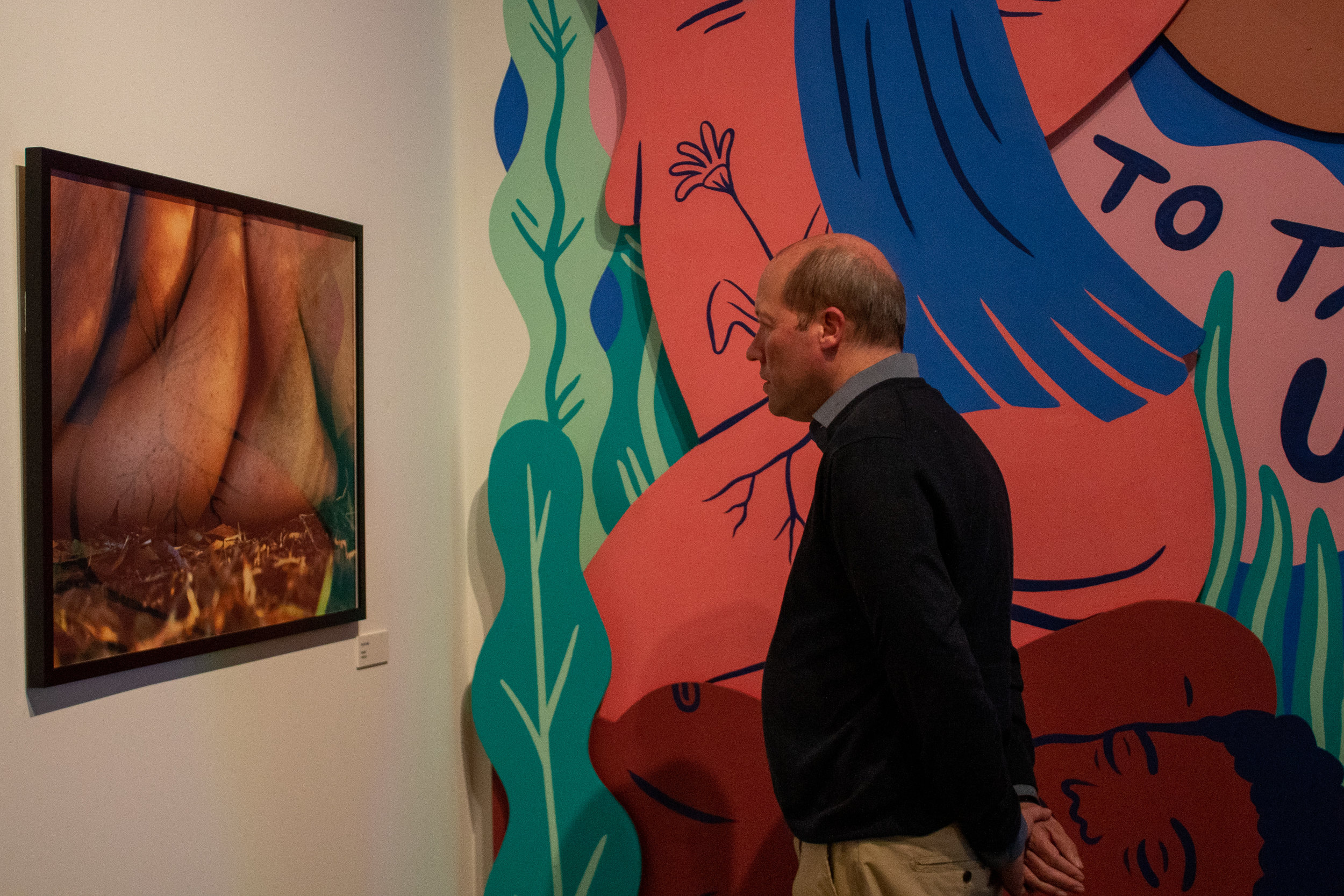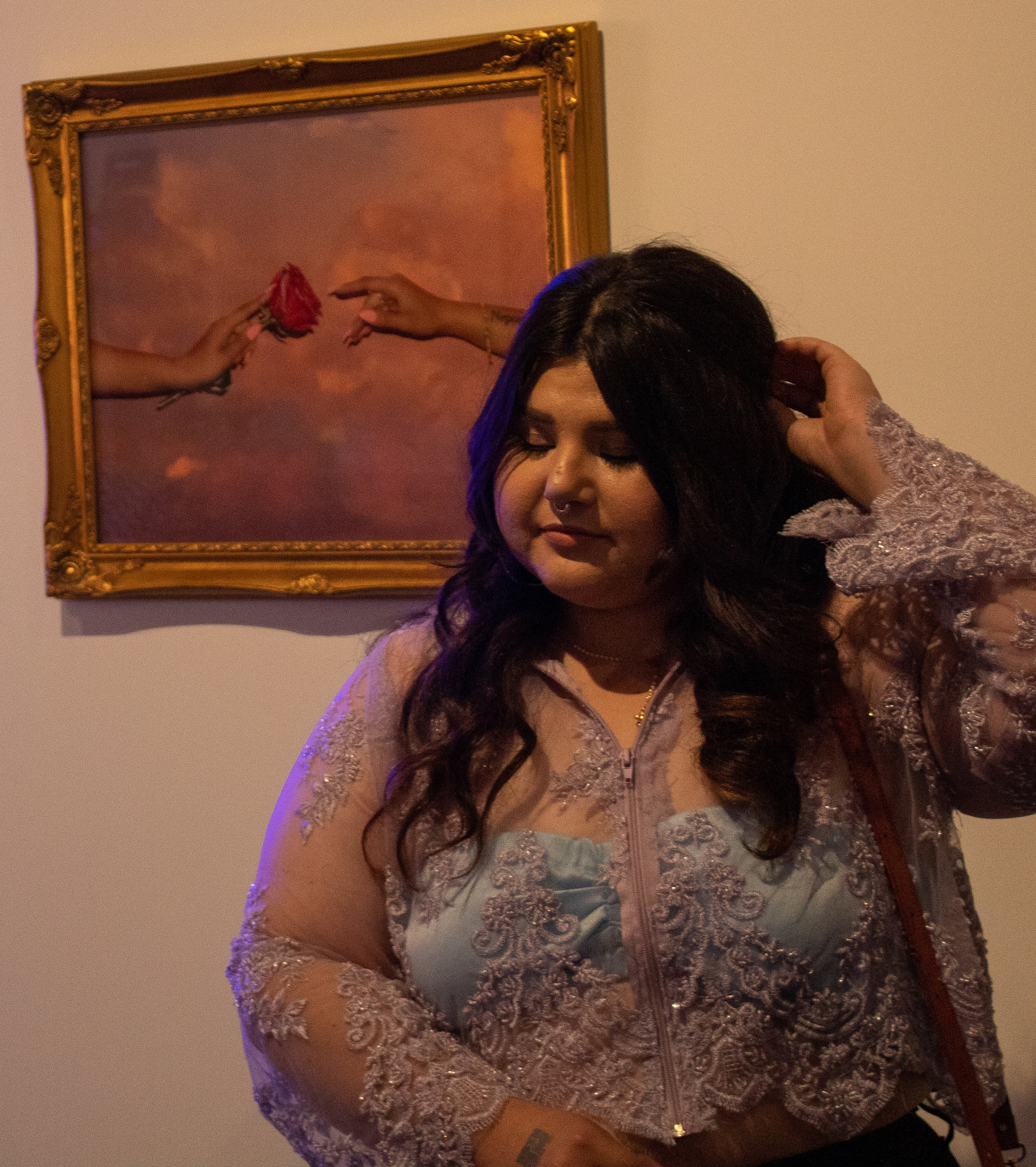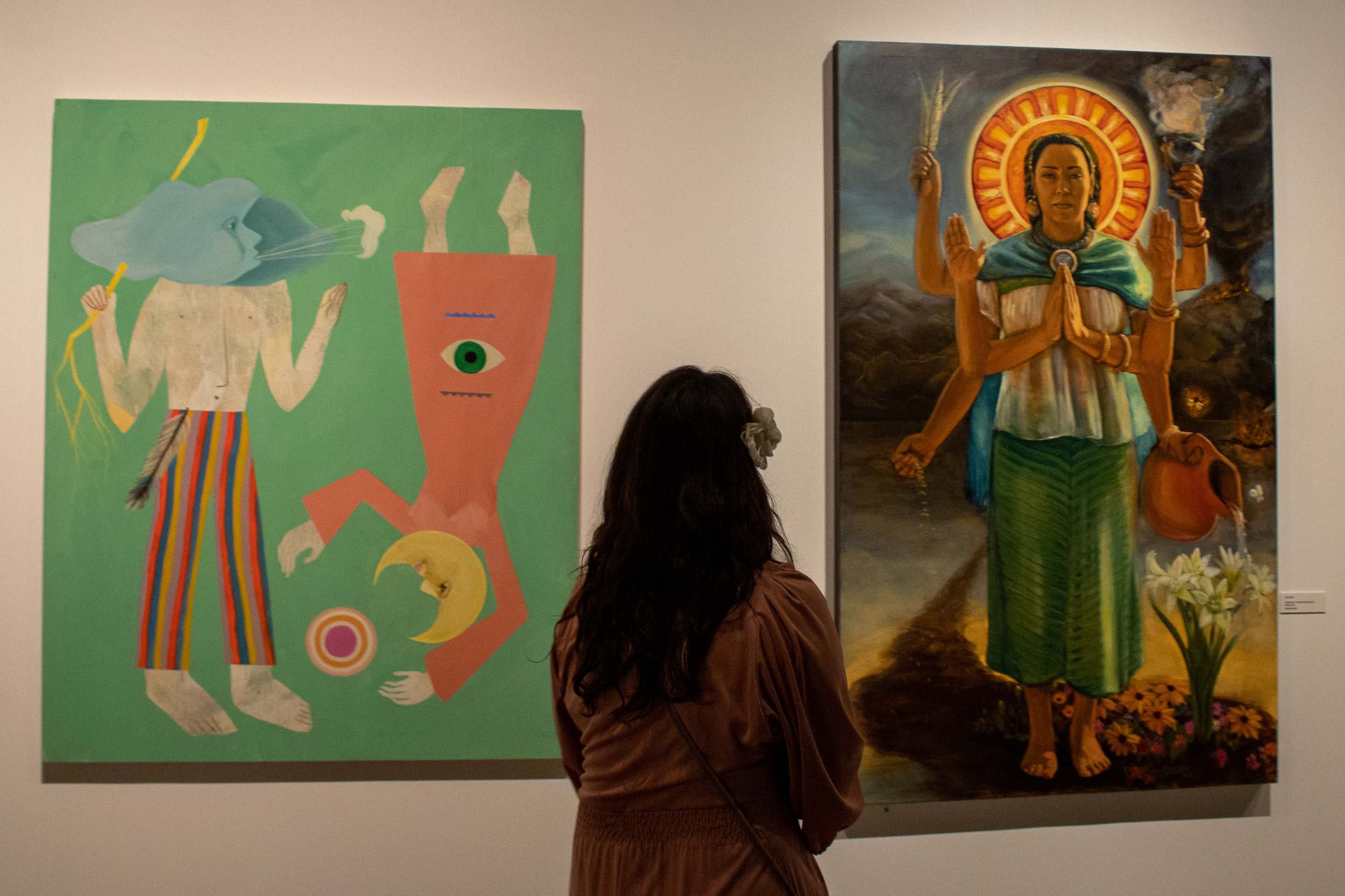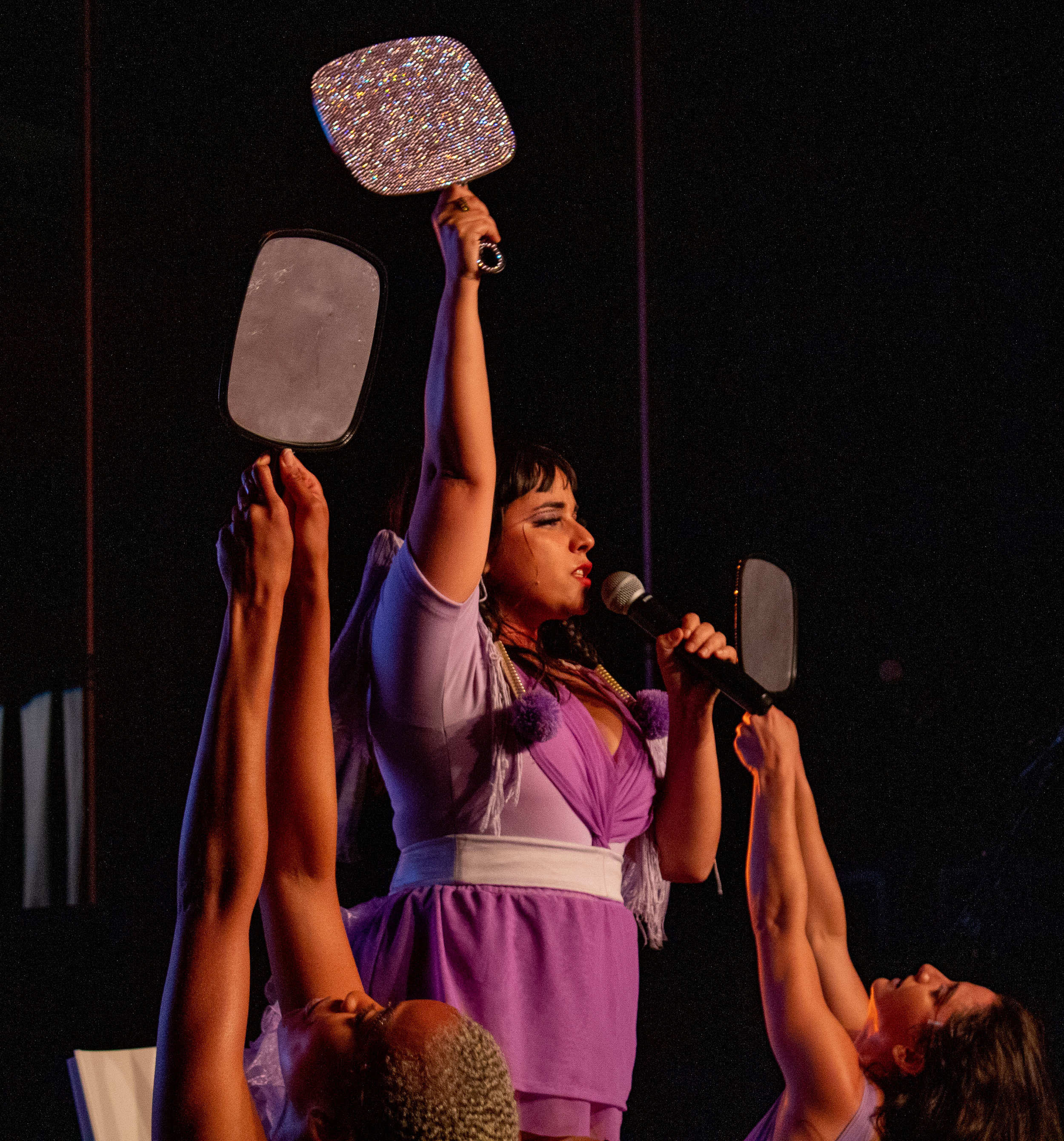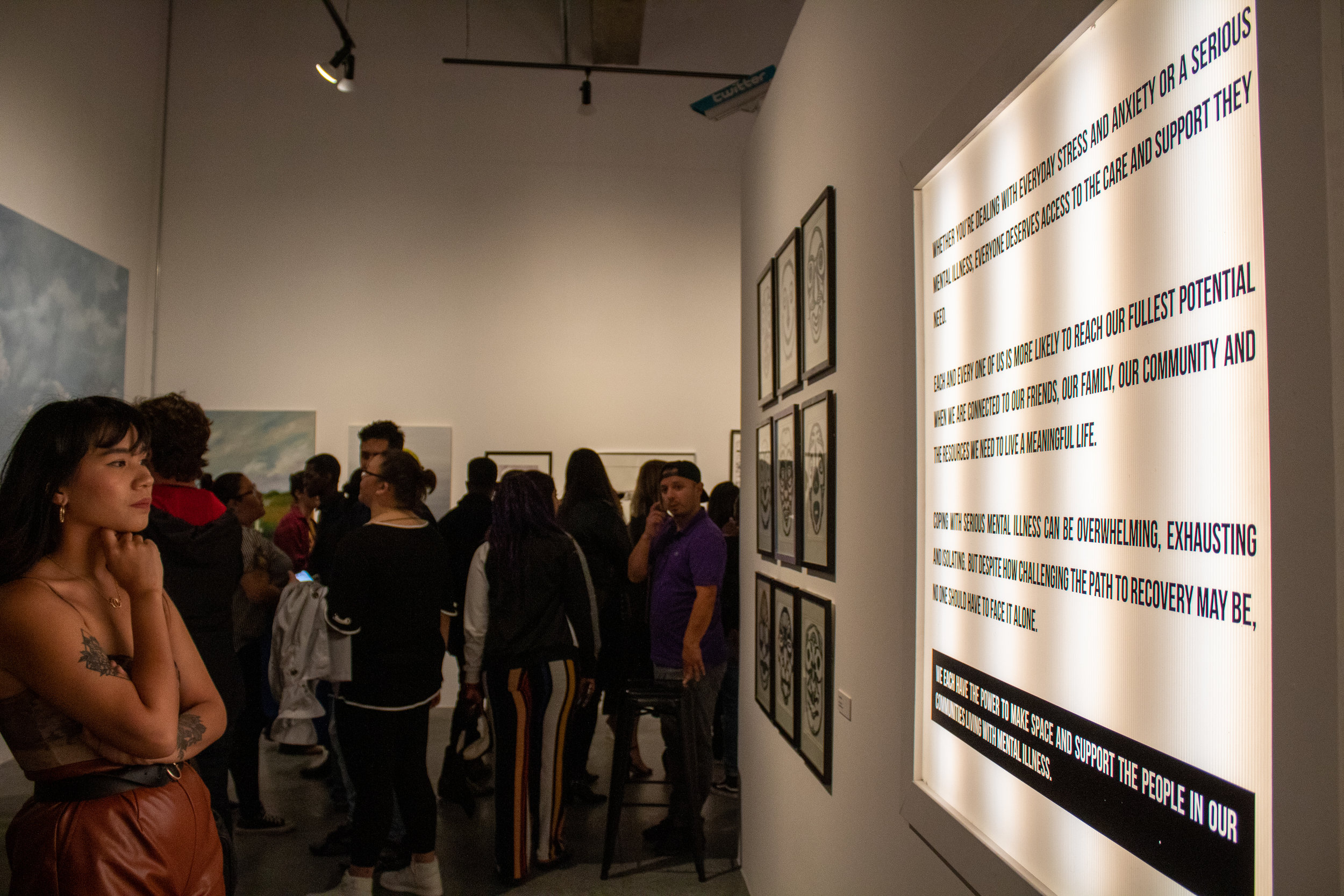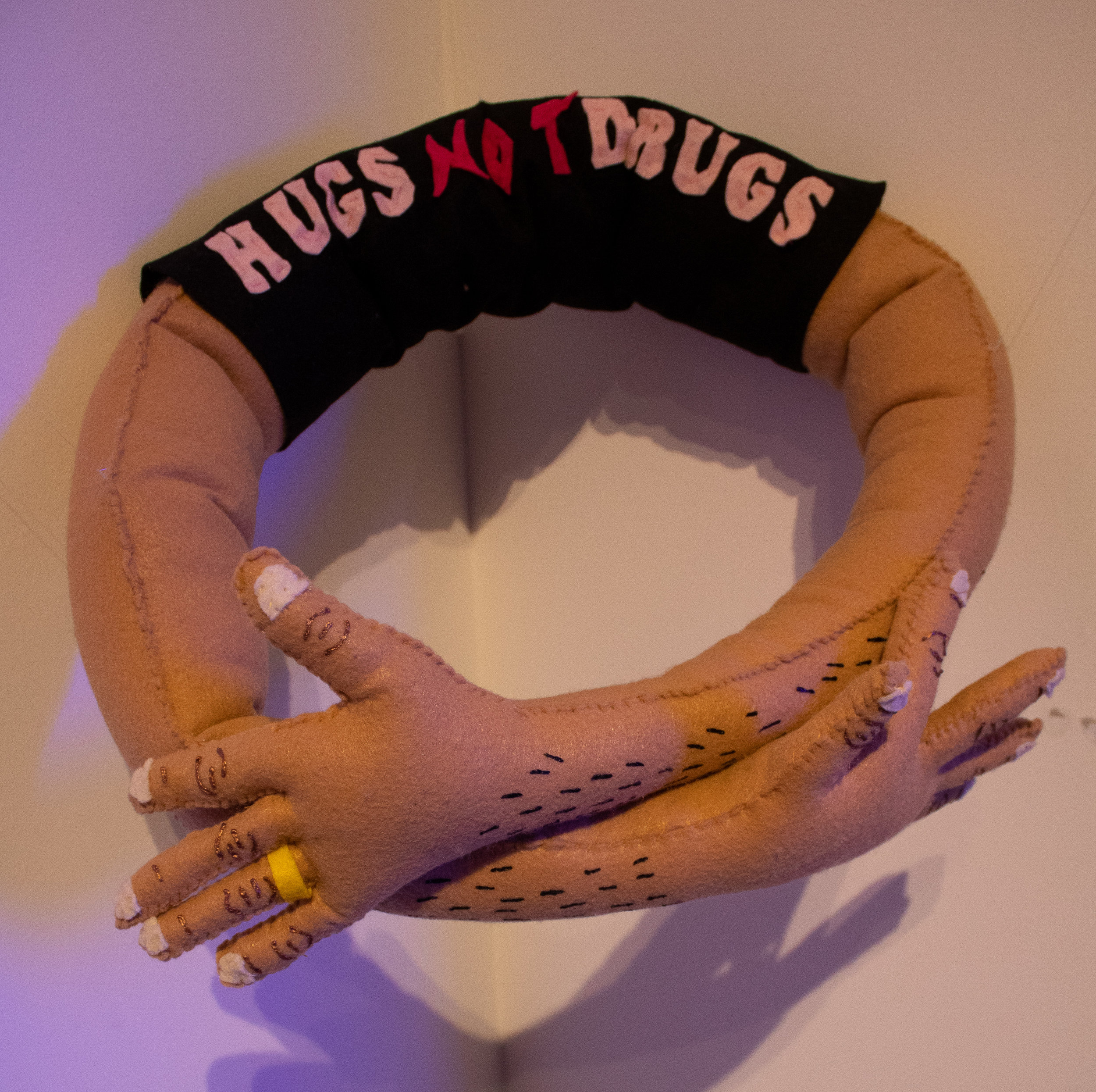LA County Rises for Mental Health Awareness Month
May is Mental Health Awareness month. In honor of this, the Los Angeles County Department of Mental Health (DMH) has organized its second-annual We Rise pop-up, which features an art gallery, film screenings, and workshops.
Lush greenery sprouts from a white wall, breathing life into the open room. Dozens of monarch butterflies, wings intermingling in a still dance, cover a stretch of canvas. At the end of the labyrinthine gallery, an explosion of color streaks across the length of a wall.
The theme is renewal. It is rebirth. It is the sprigs of grass that come after a wildfire and the rainbow after a storm.
May is Mental Health Awareness month. According to the National Institute of Mental Health (NIMH), nearly one in five adults in the U.S. lives with mental illness. Less than half of adults with mental illness receive any type of mental health services. Although the days when psychiatric disorders were attributed to demonic possession or moral failings are long gone, there is still a great deal of stigma surrounding mental illness.
In honor of Mental Health Awareness month, the Los Angeles County Department of Mental Health (DMH) has organized its second-annual We Rise pop-up, which is an immersive experience dedicated to spreading awareness of mental health and wellbeing.
"A lot of it is pushing out," Mimi Martinez McKay, Deputy Director for DMH stated, "not expecting people to come to us for services, meeting people where they're at and meeting them with an engagement that is meaningful."
We Rise consists of film screenings, workshops, and discussions. However, the focal point of the event is its art gallery, which houses works that addresses a wide array of mental health topics, including depression, anxiety, trauma, body image, and PTSD.
"The narrative here is through the gallery," Martinez McKay said. "And so this year's theme are Connectedness and Purpose. You're going from a place of being disconnected in your life and trauma, to a place of connectedness and hope. So you'll see rather more dark images as you start…It gets more positive."
A corridor dedicated to community trauma lies near the beginning of the gallery, depicting images of the institutional racism that preys on black communities. Further on, a bed hangs from the ceiling, where the huddled figure of a woman struggling with depression lies isolated from the world.
The layout of the gallery represents the difficult journey toward mental wellbeing, its winding corridors echoing the disorienting, exhausting steps needed toward recovery.
As attendees turn a corner, the grays, blacks, and dark blues that suffuse the early sections of the gallery give way to color and life.
Ashley Lukashevsky's painting, "Space," depicts the imperfect bodies of women lying on a bed of flowers and greenery.
"I really wanted to create a piece that would encourage women and non-binary people to feel like they deserve the space they take up because so often we're told from a really young age to shrink ourselves, whether that's shrinking into our clothing or shrinking into the roles that are available to us...I wanted to create something that really stood out and captivated and made me feel like these people are stretching and expanding and growing and are fully knowing of their worth," Lukashevsky said.
The women in her painting have tattoos, surgical scars, and body hair. "When I illustrate people," Lukashevsky explained, "I love to add stretch marks and marks on your body that aren't typically portrayed in media. I remember being a teenager and my body changing so much and being so upset that my skin wasn't smooth…I remember being so ashamed."
We Rise is part of a larger campaign titled Why We Rise, whose goal, according to Martinez McKay, is for people to lend their voices as to why they rise for mental health.
Although it can be difficult to take the first step toward seeking help, Santa Monica College (SMC) offers numerous resources for students. In addition to having a psychologist on-call at the Center for Wellness and Wellbeing, SMC also has an Active Minds club.
SMC student and Active Minds club member Camille Horrigan-Slajus stated, "We're a mental health advocacy club here on campus. We aim to destigmatize the talk around mental health… Suicide is the number one killer of college-aged women, and I think it's number three for men. So we're just here to talk about it, to destigmatize it, and try and help people out."
The National Suicide Prevention Lifeline offers 24/7 free and confidential support. The number is 1-800-273-8255. Students can also text 'HOME' to 741741.

